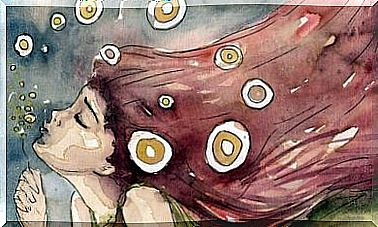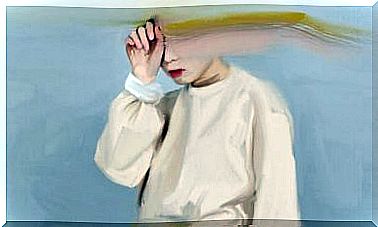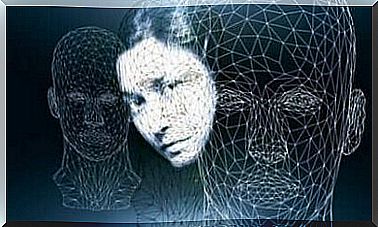David Hume: Biography And Works
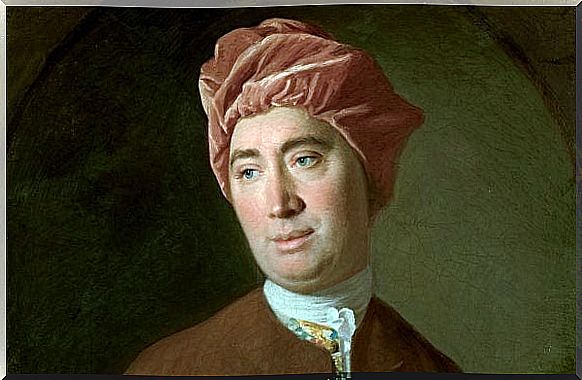
David Hume was one of the great philosophers. He stressed the importance of learning, creating habits, and lacking innate, primitive knowledge. This still life, of course, had a significant effect on the philosophy of his time. In addition, it also influenced psychology when it was strengthened about a century later.
Philosophy is a discipline that seeks to solve the mysteries of life and the world as well as the cause of existence. Before science, humanity tried to answer certain questions in different ways. First, different myths and ideas emerged from creation. After that, and with the birth of philosophy, reasoning became a little more objective.
Philosophy used to be a way to find a reason for existence and the nature of the world. Over time, philosophy was divided into different parts and disciplines. Philosophers have looked more closely at how people perceive reality.
To understand Hume’s philosophy, it is important to look at his backgrounds. During the Renaissance, two opposing philosophical tendencies related to knowledge emerged. One of them was rationalism. This theory found that people are born with certain global truths that they use to interpret reality.
The opposite extreme is another trend: empiricism. Empiricism stated that man has no innate knowledge. So man can only learn through experience. One of the greatest representatives of this trend was undoubtedly David Hume. In this article, we tell about his life and works.
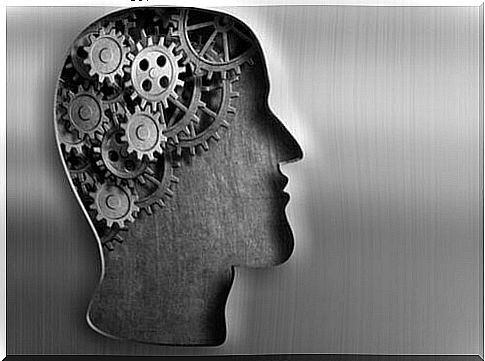
The life of David Hume
David Hume was born in Edinburgh, Scotland in 1711 to a wealthy family. His father was a lawyer, but this one died when David was a child. For this reason, the family expected David to follow in his father’s footsteps and go to law school. David Hume studied in Edinburgh. In fact, some of his teachers were apprentices to Isaac Newton.
He then decided to fulfill his family’s wish and went to the University of Edinburgh to study law. However, he did not like it, so he decided to leave his studies. He then moved to Bristol to try to get into the business world. But after many crises, he decided that he only wanted to study philosophy.
Years later he traveled to France and lived there from 1735 to 1737. He lived first in Reims and later in Sarthe, formerly known as La Flèche. In these cities he wrote A Treatise Of Human Nature which he published on his return to London. In it, he reflects on his beliefs and inner philosophy. However, the work did not succeed and he returned to Scotland.
While living in Edinburgh, he published the first part of his book Essays, moral, political, and literary. Unlike his first release, this was a really successful one. He later practiced various professions: he was Marquis Annandale’s teacher, General St. Clair’s secretary, and the Edinburgh Bar Association librarian.
In 1763 he joined the Embassy of Paris with the assistance of Lord Hertford. In this city he established relations with d’Alembert, Diedrot and Jean-Jacques Rousseau. He extended his stay in Paris until 1769 and then decided to return permanently to Ediburgh to dedicate himself to writing. He died in 1776.
David Hume’s way of thinking
To internalize David Hume’s way of thinking, we must first look at his work and try to define the empirical theory he always defended.
Empiricism is based on many principles:
Congenital knowledge that does not exist
People are not born with an innate way of thinking and knowledge that determines how they should interpret reality. According to the empirical trend, all our knowledge of reality arises from our experiences.
Experiences can be internal or external, which means that they can come from a person’s own reflection and knowledge in relation to the inner life or, conversely, our feelings and perceptions in relation to the world. For empiricists, nothing goes beyond experience. They think we only learn through the rational world. The mind is like an empty canvas on which we describe the information we receive over time.
David Hume and John Locke believed in these ideas. However, they differed in terms of experience limitations. Locke believed that more information about reality could be obtained than practicality. On the other hand, Hume pointed out that knowledge decreases based on our observations, i.e., it takes into account the true nature of the experience.
There are two types of information
According to Hume, there are two types of information: images and ideas. Imaginations are thoughts that arise as a result of experiencing things through the senses. Ideas are abstract and ambiguous because they do not arise from physical feelings.
Everything arises from observation. Imaginations are the immediate information we get from observation. So the ideas come from the imagination, which means they are much more complex. Hume also talked about the concept of imagination, man’s ability to shape and produce ideas.
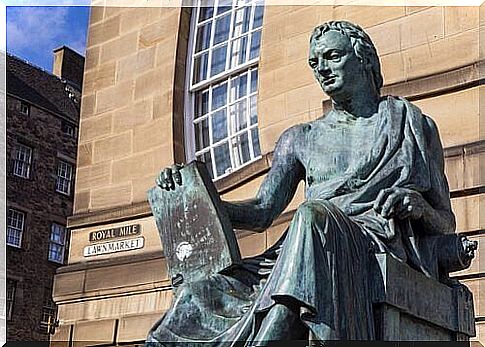
There are two types of differentiated arguments
David Hume made a distinction between probable claims arising from facts that may or may not occur at a particular time and place. For example, “one day the sun may not come out”. The sun rises every day. We gain this knowledge through habits, observation, and belief. On the other hand, he also speaks of demonstrated arguments that can be demonstrated because of their logical structure. For example, 4 + 4 = 8. Both of them build our way, the way we later define our way of life.
His major works include A Theater of Human Nature; Essays, moral, political, and literary , as well as An Inquiry Concerning Human Understanding , reflected these basic principles.
David Hume and Psychology
In short, David Hume is one of the most important empirical writers. Epistemology is one of the philosophical disciplines most associated with psychology. That’s why Hume had a big impact on psychology.
According to David Hume, no human being is born with thoughts and feelings Instead, people receive and develop them through their experiences. David Hume ignored everything innate and reinforced the idea of human learning. This author will no doubt ask us to reflect on our own observations and our way of understanding the world.
